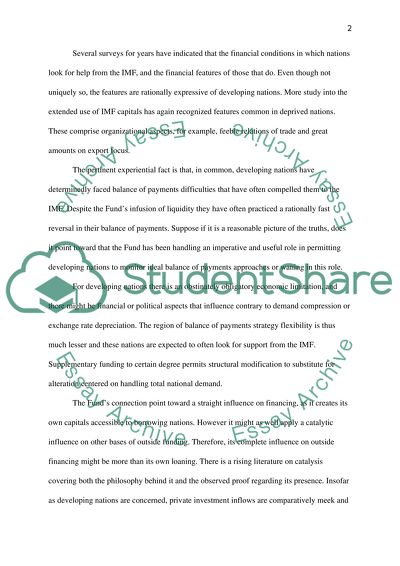Cite this document
(“Explain the way in which the IMF (international monetary fund) appears Essay”, n.d.)
Explain the way in which the IMF (international monetary fund) appears Essay. Retrieved from https://studentshare.org/history/1464857-explain-the-way-in-which-the-imf-international
Explain the way in which the IMF (international monetary fund) appears Essay. Retrieved from https://studentshare.org/history/1464857-explain-the-way-in-which-the-imf-international
(Explain the Way in Which the IMF (international Monetary Fund) Appears Essay)
Explain the Way in Which the IMF (international Monetary Fund) Appears Essay. https://studentshare.org/history/1464857-explain-the-way-in-which-the-imf-international.
Explain the Way in Which the IMF (international Monetary Fund) Appears Essay. https://studentshare.org/history/1464857-explain-the-way-in-which-the-imf-international.
“Explain the Way in Which the IMF (international Monetary Fund) Appears Essay”, n.d. https://studentshare.org/history/1464857-explain-the-way-in-which-the-imf-international.


